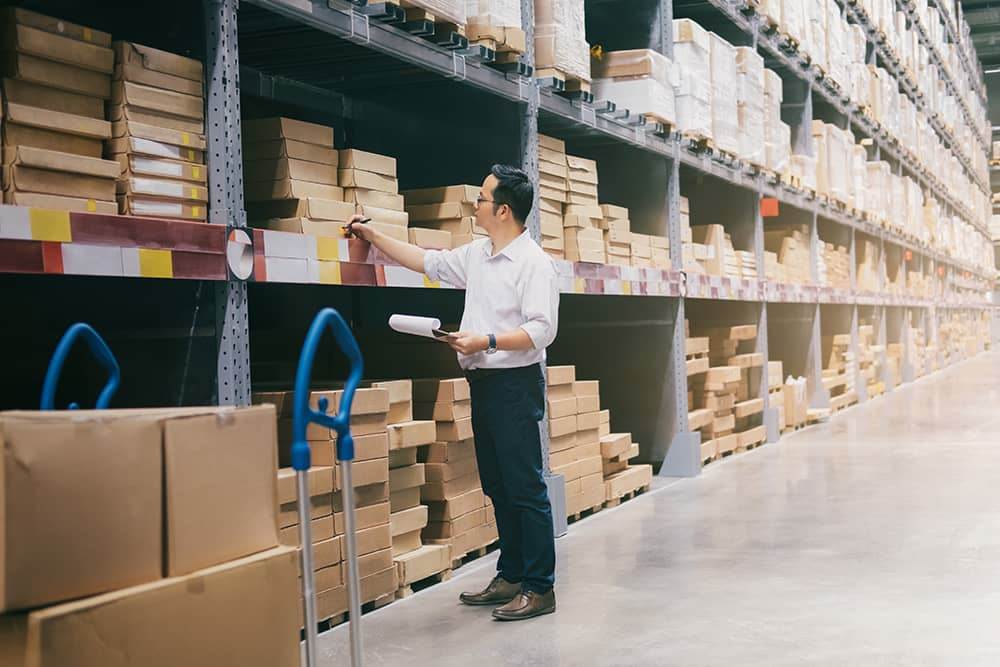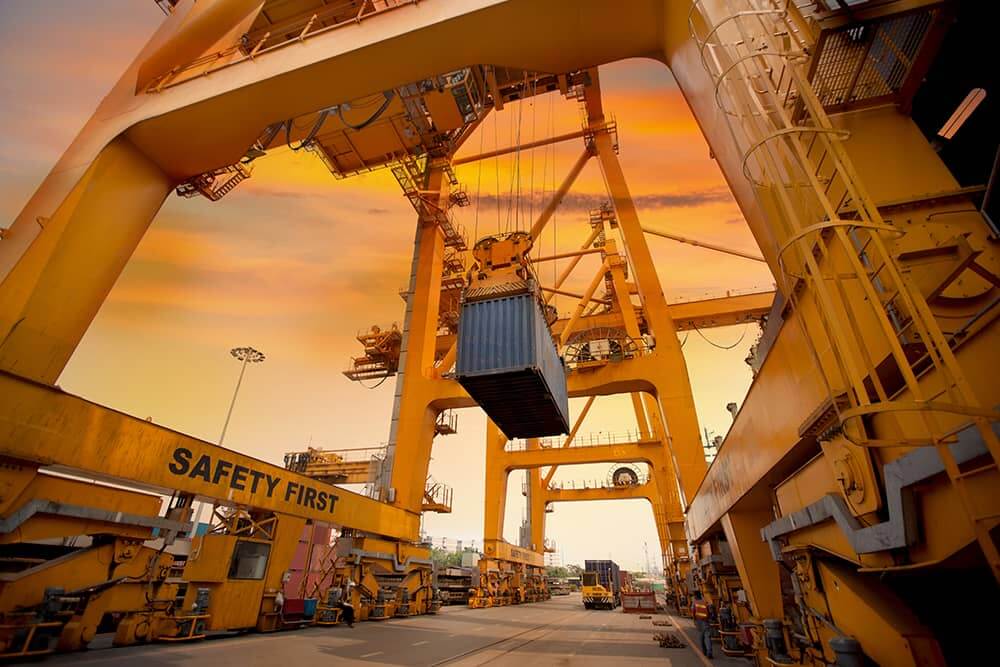
Reading Time: minutes
As the Philippine real estate industry continues to navigate through the post-pandemic setup, the outlook of the industry is geared towards the increased need for warehouses, distribution centers, and industrial lots that can support different business operations in the country and in a global scale.
According to KMC Managing Director Michael McCullough, the industrial sector under the local real estate industry will most likely recover faster compared to the others.
“The logistics and manufacturing sectors, meanwhile, would also see an easy rebound as their production and inventories normalize after lockdowns are lifted,” McCullough said in an interview with CNN.
He added that this increasing need for warehouses and distribution centers will continue to fuel the industrial and logistics real estate sector as the world transitions to the new normal.
The industrial market is one of the more stable segments of real estate in the Philippines. In a recent report, the country is one of the ten emerging markets, ‘keeping up a steady monetary development and having positive macroeconomic foundations.’
Manufacturing, Relocation, and Economic Zones
Countries in the ASEAN Region are also incentivizing companies to relocate their factories and manufacturing hubs to other countries. According to records of the Philippine Economic Zone Authority (PEZA), ecozones applications increased in the first half of 2020. Some of the newly approved economic zones are in Batangas, General Santos City, and Davao which covers around 700,000 sq m of industrial space.
Philippine Economic Zone Authority (PEZA) Director General Charito Plaza said in an interview that these new ecozones will drive up export companies to invest and locate in the Philippines. He told the media that these will ‘surely multiply investment and economic activities and opportunities’ amid the COVID-19 pandemic. PEZA announced that these newly proclaimed ecozones are comprised of 9 IT Centers, 2 manufacturing zones, and 1 IT Park.

The increasing demand for industrial, warehouse, and delivery spaces are driven by the boom of e-commerce and the relocation of multinational companies. These spaces in the country are set to be used as data centers, warehouses, and cold chain storage.
E-commerce and COVID-19
The pandemic has changed consumer behavior and patterns as the rise of e-commerce solidify during the lockdown. The majority of local retailers have adapted their concepts to match the needs of the market during the pandemic. Some have fully integrated technology and ventured into online and digital marketing strategies to tap into e-commerce. More than business continuity, businesses have used this opening to expand despite the less-than-ideal situation. Consumers have mostly shifted to online and digital shopping as well. Putting extra caution to their safety and protection from the virus, many prefer stores that offer contactless and cashless transactions via their websites or mobile applications.
Forbes reports that the demand for warehouse and storage space is strongly correlated with consumer spending and the state of a country’s economy. The recent surge in e-commerce and online shopping provides the industrial market a healthier, more stable, resilient source of demand, and experts project this trend to stay even post-pandemic.

Online shopping or e-commerce has been the driver for the rapid acceleration of warehouse demand across the nation, resulting in an ultra-competitive environment for potential investors of these properties. This bolstered the increasing demand for warehouses and distribution hubs to support storage and logistic companies and helped this sector outperform other commercial property types.
Retail strategists project that the rise in e-commerce will not die down anytime soon, despite the slow easing into the new normal. Since trends are usually patterned after human behavior, David Mattin from TrendWatching suggests that e-commerce during the pandemic made consumers realize the convenience of shopping from anywhere.
“All meaningful, lasting trends in consumer behavior are founded on a fundamental human need or want, and with e-commerce, it’s often about convenience,” Mattin said. “That's what will make this a lasting behavior shift among consumers. And no doubt we’ll see their e-commerce use broaden even further in the months ahead,” he added.
The real estate sector in the Philippines continues to be one of the most dynamic and adaptable industries amidst the pandemic or any global trend. Commercial, retail, and industrial spaces will continue to adapt depending on the demand and the need of consumers around the globe.
Want to learn more about maximizing your property’s potential amid the COVID-19 pandemic? Let’s discuss your next steps. Contact Ram Puno at (+63) 917-512-2289 or [email protected]. You can also connect with us by calling (+63) 2-8403-5519 or send an email to [email protected].


